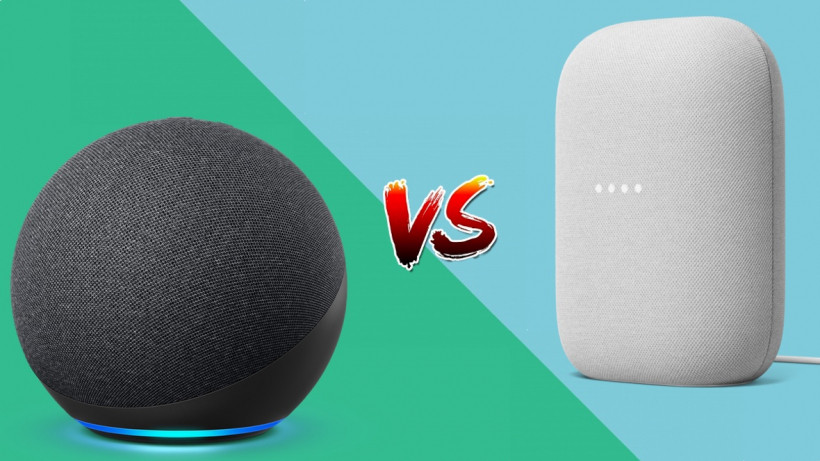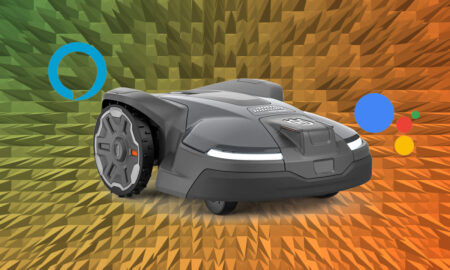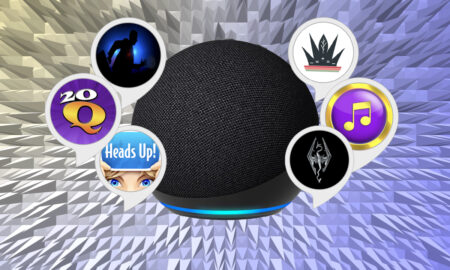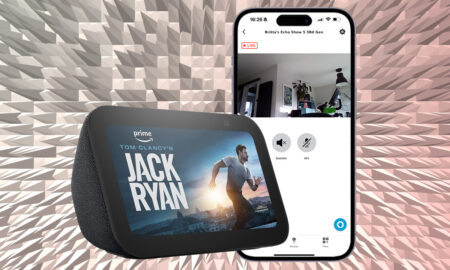You talkin’ to me? Assistant top dogs compared
The voice wars are on, and it’s a battle that rages far beyond just smart speakers.
From smartphones and TVs to security cameras, cars and even lamps, our digital butlers are scrapping it out on all fronts, which means comparisons between the Echo and Google Home smart speakers tell only half the story.
Amazon’s Alexa might have had a head start on the Google Home AI, but in a short space of time Assistant has drawn on the Big G’s infinite resources and risen to the challenge.
Today, the battle between the Google Home Assistant and Alexa often feels like a tit-for-tat on features, and in the fullness it’s possible we’ll see the two assistant become more interchangeable, but right now there are some important distinctions that still set them apart.
From the smart home gadgets they work with down to the way we talk to them, Alexa and Assistant are two different beasts.
For a deeper dive on the two smart home ecosystems, jump into our comprehensive guides:
Alternatively, read on for a comparison between the world’s two most popular voice assistants…
Alexa v Assistant: On speaking terms
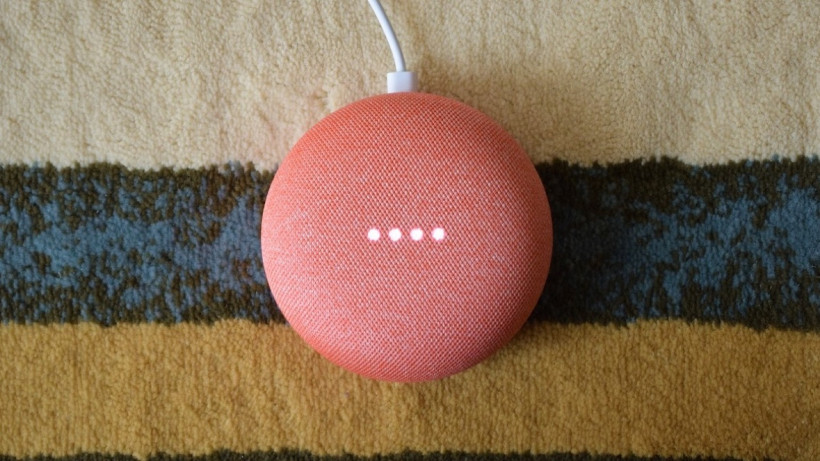
Voice is hailed as the new computing paradigm, but that won’t be the case until we can talk to our computers as naturally as we would a friend. AI needs to feel human – or at the very least, understand us as humans – if we’re going to opt to chat to it instead of tapping a touchscreen or pushing a button.
The good news is – with both the contender from Mountain View and its opponent from Seattle – is that the speaking and listening part of the equation is improving all the time.
Alexa and Assistant are both activated by ‘wake words’, which aren’t yet fully customisable on either platform. You can choose to use “OK, Google” or “Hey Google” for Assistant on the fly, while Alexa lets you choose between four wake words from the app – Alexa, Amazon, Echo or Computer.
When it comes to the actual back and forth of conversation, it’s hard to pick between the two.
Google had the edge with follow-up questions and context when it launched its Continued Conversation feature a couple of years back.
Amazon hit back with Alexa Follow-Up mode almost immediately though. With these modes switched on (optional on both platforms), you don’t have to say the wake word again, you just have to follow up your initial request with a new one.
Alexa has an upper hand though, and can now understand context much better. For instance, if you whisper to Alexa, Alexa will understand that you might have a headache or don’t want to wake someone up, so it’ll whisper back. It can even give you contextual answers. So if you want a news report, it’ll speak like a newscaster.
And, with the new Echo 4th generation, powered by Amazon’s AZ1 Neural Edge processor, Alexa is a whole lot smarter.
With the AZ1 on board, Alexa will be a lot more conversational. There will be a new, all-neural, speech recognition model that will process speech faster, making Alexa even more responsive.
You can say, “Alexa, join our conversation” and you’ll then be able to ditch the wake word and the voice assistants will be able to handle multiple participants in these more natural conversations.
Both Alexa and Assistant are pretty good when it comes to voice recognition, though the quality of microphone on the device you’re barking at will obviously affect that.
If we had to choose, Assistant is just a smidge more consistent, but it’s a close race. You can also set multiple user profiles for both Assistant and Alexa on certain supported devices, so they’ll recognise who’s speaking to it and change the results it gives back depending on who’s talking.
Amazon Alexa v Google Home: Which is better at actually being an assistant?
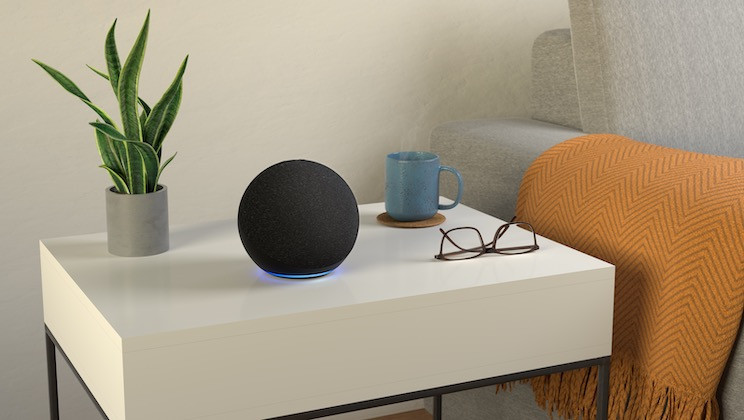
Sure, it can talk the talk, but can it… err, do the assisting? After all, we’re not here to make friends. Right now these two are winning on different fronts: Google Assistant is best at the information it can provide, while Alexa trumps on features and smart home control. It’s been this way for some time now, though Assistant is narrowing the gap.
Assistant has a natural advantage here by drawing from Google’s almighty knowledge graph, while Amazon has had a bit more work to do. Google has a long history in search (not sure you’ve heard of it, but Google Search is pretty popular) that makes it a slightly better performer when asking it for information.
With so many services under Google’s purview, naturally Assistant is more tightly integrated to these than Alexa too. For example, if you’re a big user of Gmail or a Google Calendar you can use your Home speaker to tap into all of that. Alexa obviously gives you a direct line to Amazon’s store.
If you’re using an Android smartphone, you’ll probably have Google Assistant on there too, though this operates a little differently to the one you’ll find in the Home speakers.
Alexa v Assistant: Native and third-party devices
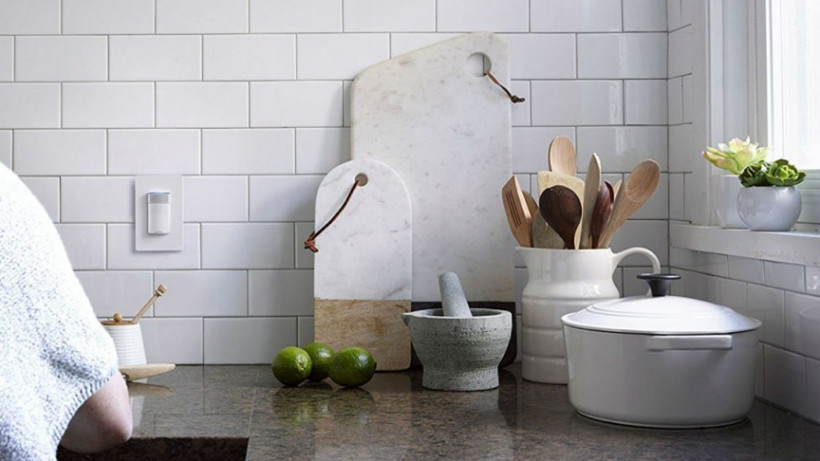
There’s a wide and varied range of devices supporting Alexa and Assistant, both first-party and third-party. Below we’ve rounded up a few highlights, but be sure to check out our full roundups of the best Assistant and Alexa devices too.
And remember, you won’t just find the digital assistant duo built into smart speakers; we’re seeing Alexa and the Google Assistant built into anything from a Wi-Fi router to a smart plug, to a connected thermostat and everywhere in between.
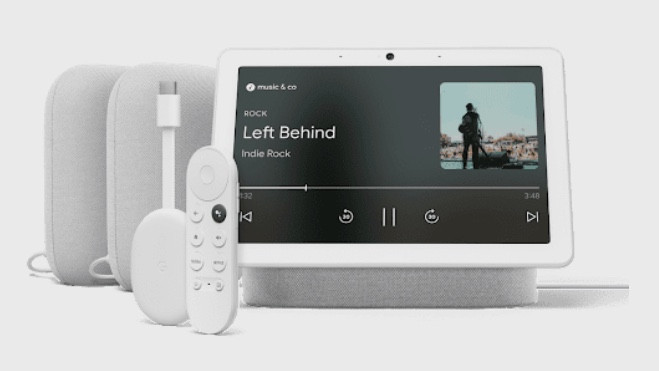
Best Google Assistant devices
Nest Audio – The original Google Home speaker is dead, long live the Nest Audio… the latest (although not greatest) Google Assistant smart speaker.
Google Nest Mini – Google’s answer to the Amazon Echo Dot is the cheapest of the family and can be easily placed anywhere.
Google Home Max – The larger, (much) heavier speaker is built for music and window-shattering volumes… it’ actually been officially discontinued but you can still pick it up from various retailers.
Google Nest Hub – Google’s own entry into its Smart Display segment is now into its 2nd-generation, with a revamped model going live in early 2012. It’s cute, it’s nice, small and it’s incredibly fun to use. Plus, it doesn’t have a camera.
Google Chromecast with Google TV – The 2020 Chromecast model adds the revamped Google TV to the mix; a smart TV platform of its own, effectively a version of Android TV, with apps like Netflix, Amazon Prime Video, Disney+, HBO Max and the Google Assistant all on offer.
Nest Cam IQ Indoor – A post-launch update turned Nest’s home security camera into an Assistant speaker, making use of its built-in mic and speaker.
Nvidia Shield TV – Running Android TV, Nvidia’s console/set-top-box hybrid is a natural fit for Assistant and doubles as a smart home controller.
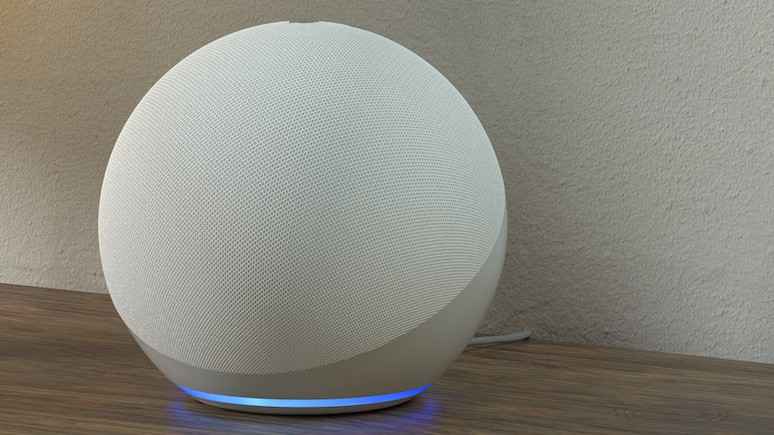
Best Amazon Alexa-enabled devices
Amazon Echo 4 – The spherical, 4th-gen, Echo has a 3.0-inch woofer, dual-firing tweeters, Dolby stereo sound capabilities and can adapt audio to its surroundings.
Amazon Echo Dot – The newest Dot is also ball-shaped and, like the Home Mini, designed for easy placement around the home.
Amazon Echo Show 10 – The latest Show boasts an improved HD display and a better speaker – featuring dual, front-firing tweeters and a powerful woofer – but it’s also got some moves. It can pan, tilt, and zoom, keeping you in frame wherever you are in the room thanks to a silent brushless motor.
Fire TV Cube – If you’d prefer Alexa to become the backbone of your entertainment setup, then the Fire TV Cube marries an Alexa speaker with a Fire TV streaming box, sprinkled with 4K powers.
Sonos One – If music is your priority, the Sonos One speaker supports Alexa and allows for multi-room playback. There is also an Assistant version as well.
Sonos Beam – Looking for a smart speaker that is prioritized for TV shows and movies? The 2nd-gen Sonos Beam is – overall – your best bet, providing a powerful punch of sound with Alexa built right in.
Ecobee Switch+ – That’s right, it’s a light switch that comes with Alexa inside. Ecobee believes our voice assistants will live in everything, and it’s putting its money where its mouth is.
Alexa v Assistant: Smart home control
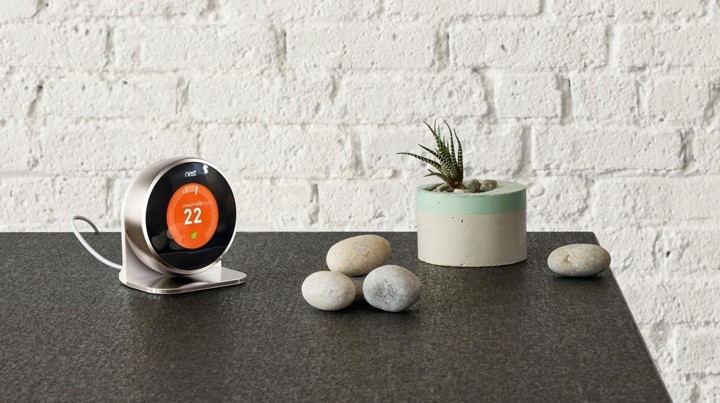
When it comes to controlling your smart home gear, Alexa clinches it thanks to its head start. Amazon’s assistant has built up quite the support base, with thermostats, smart plugs and even kettles talking to Alexa.
And while Alexa comes integrated in a widening range of devices, the number of appliances it can talk to is much bigger.
The current score, in terms of compatible devices is over 50,000 for the Google Assistant; and well over 100,000 for Alexa.
Both companies talk about the amount of devices using their digital voice assistants in the wild in the billions. Big numbers indeed.
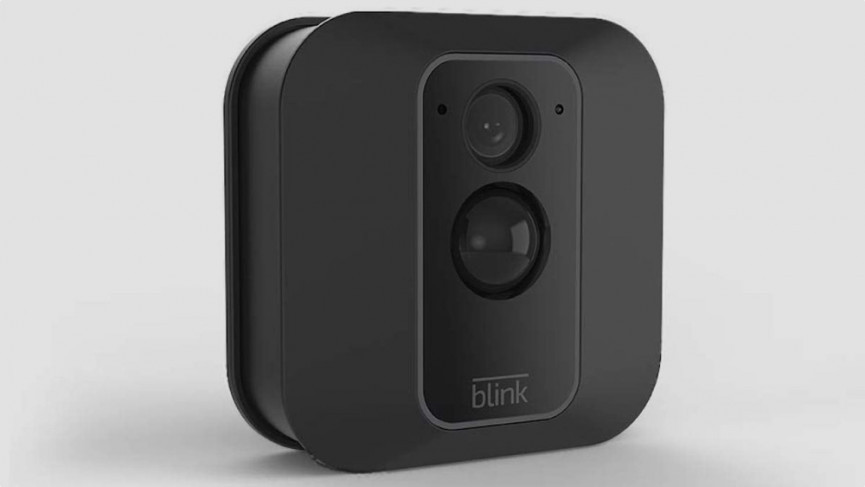
Best Works with Alexa devices
There are all sorts of lighting options with Alexa including Lifx, Philips Hue and Sengled, while the Hive Active Heating and even the Nest Learning thermostat integrate with Amazon’s assistant.
And whether you’re looking for a smart heating system, a new security alarm for your house or even a robot vacuum cleaner to clean up your mess, you’ll have absolutely no issues finding compatible devices across different budgets.
With those 100,000 devices plus, the list is far too big to keep updated.
And, the good news – if you’ve got one of the latest Echo speakers with an integrated Zigbee smart home hub – you won’t even need to fire up an additional app or bridge device to get Alexa to control your tech.
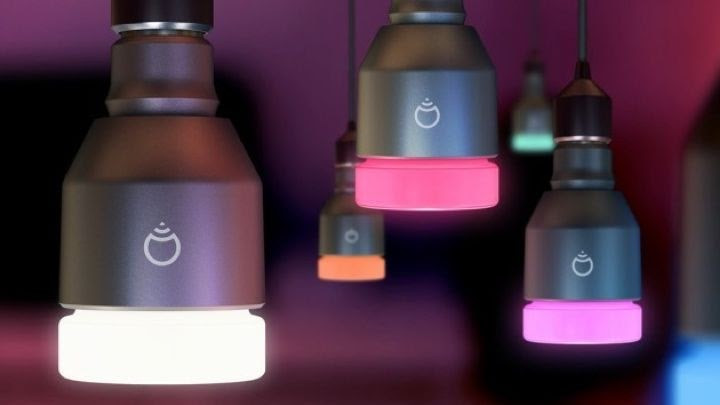
Best Google Home compatible devices
Google Assistant’s group of smart home devices isn’t as vast, but there are still a lot, and it’s growing all the time. It goes without saying that all of the Nest devices play nice with Assistant, while smart lights from Philips Hue, Lifx Nanoleaf and Lightwave are also compatible.
As are thermostats from Honeywell and Tado, and sockets from TP-Link and Belkin.
If you plug a Chromecast into your TV, you can also use Assistant to launch YouTube and Netflix videos on your TV with the power of voice.
Google also created the Made for Google program, and C by GE is a charter member. These allow you to use devices without needing a hub – or setup, for that matter.
Alexa v Assistant: Final verdict
The race is running closer than ever, making it very hard to pick between the two. Alexa has the upper hand of better smart home integration and more supported devices, while Assistant has a slightly bigger brain and better social skills.
If you’ve big plans for the smart home, Alexa is your better bet, but Google’s generally more intelligent right now.


